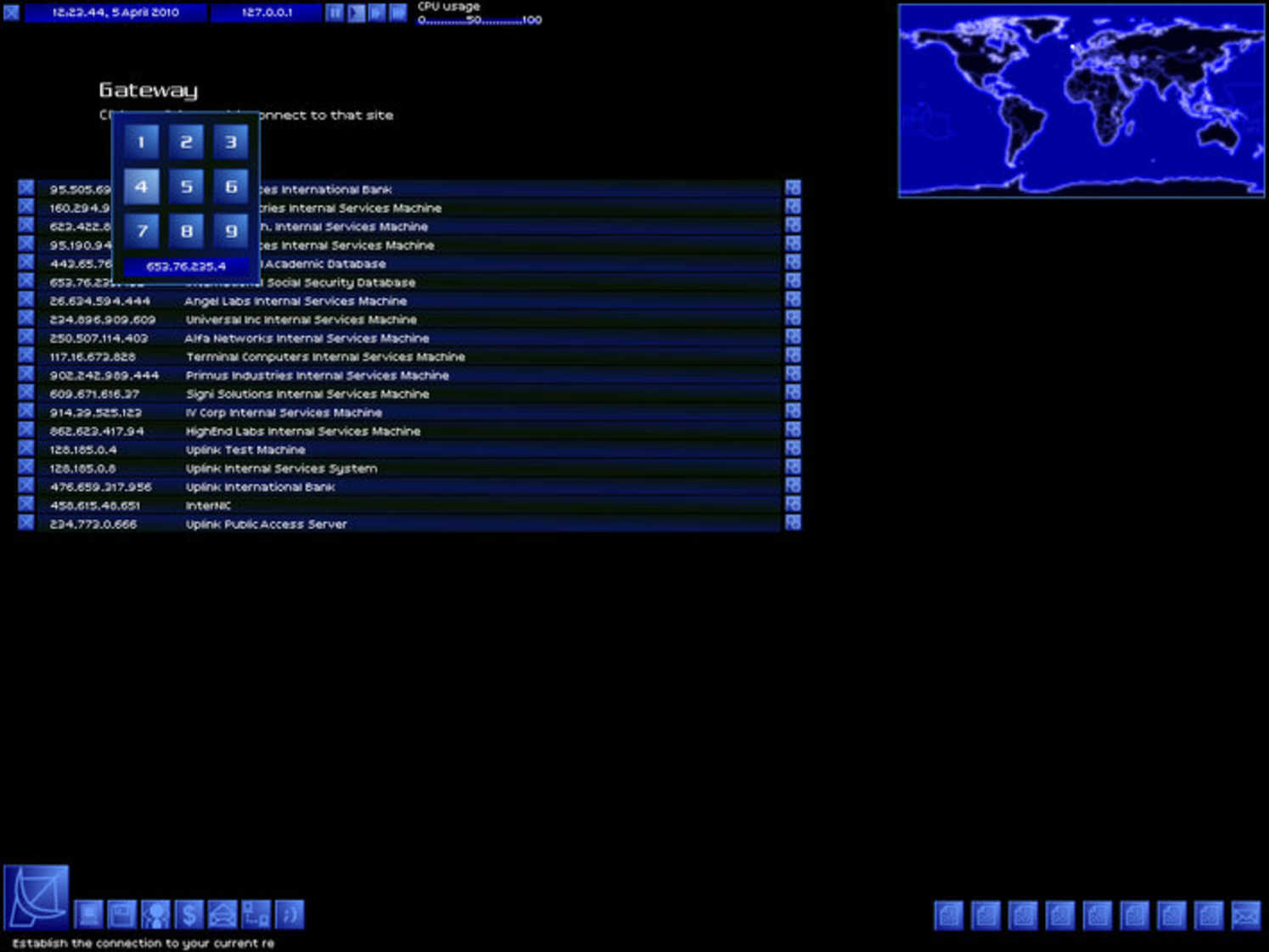

The notion of “emerging” technology does not necessarily mean that all such technologies are new or revolutionary by themselves. The World Economic Forum’s list of top 10 emerging technologies of 2015 includes those that aim to resolve some of the ethical debates posed by an earlier generation of technologies, as well as others that will bring about new ethical and regulatory challenges. Moreover, requests for transparency are increasingly central to these debates, as shown by movements like Right to Know, which has repeatedly demanded the labelling of GMOs on food products. The developments in genome-editing technologies are just one example that bio research and its impact on market goods are strongly dependent on social acceptance and cannot escape public debates of regulation and ethics. Similarly, the discussions on genetically modified organisms (GMOs) have mobilized civil society, scientists and policy-makers in a wide debate on ethics and safety. The debate on stem cells and embryo research, for example, has become a hot-button political issue, involving scientists, policy-makers, politicians and religious groups. These technologies have not been without controversy, and many have sparked intense debates, often polarized or embroiled in scientific ambiguities or dishonest demagoguery. In the past four decades, technology has fundamentally altered our lives: from the way we work, to how we communicate, to how we fight wars.


 0 kommentar(er)
0 kommentar(er)
